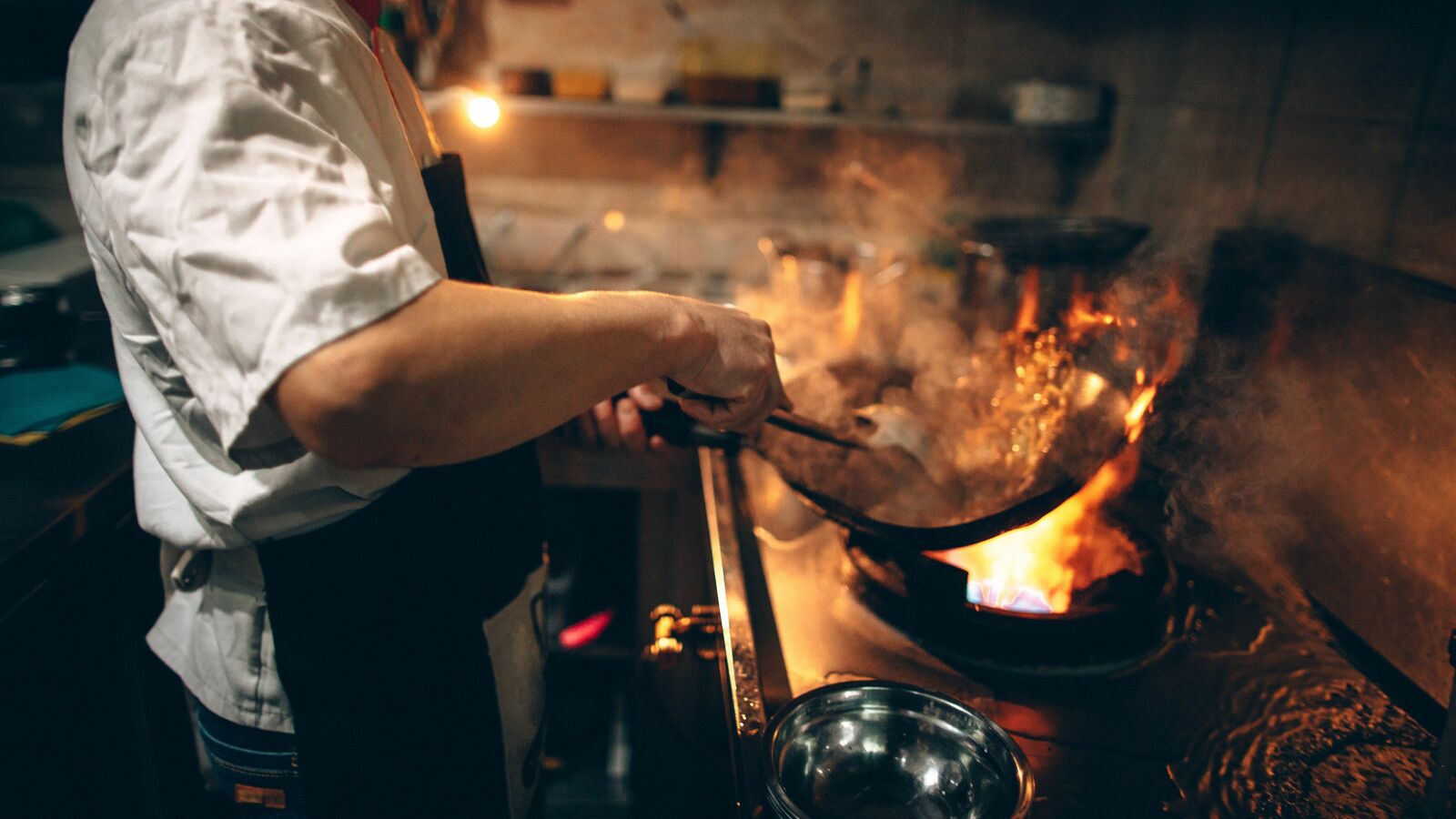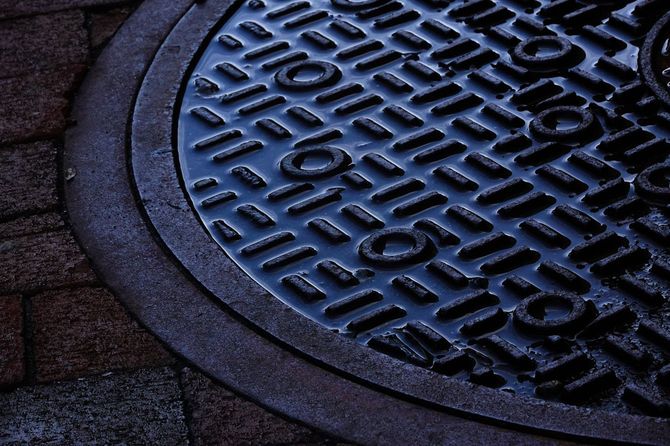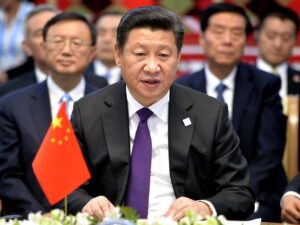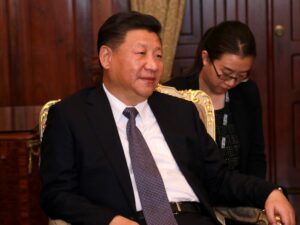Food safety is being sacrificed in the name of cost-cutting
Cooking oil and fuel oil being transported in the same tanker truck
Concerns over food safety are re-emerging in China. In July this year, it was discovered that cooking oil and fuel oil were being transported in the same tanker truck, which shocked consumers in China. In the past, there have been cases of oil being pumped out of sewage and used in restaurant cooking, and of expired ingredients being used by restaurants to prevent their use from being discovered by mixing them with medicine used as a diarrhea remedy. The incident in China of transporting cooking oil and fuel oil in the same tanker truck has caused serious concerns about food safety. The state-run newspaper “Beijing Daily” published a detailed investigative report, which attracted attention, and Western media such as the British newspaper “The Guardian” also reported on the incident.
A reporter from the Beijing Daily conducted undercover reporting and interviewed the driver of the tanker truck carrying the coal fuel. The driver said he had driven more than 1,290 kilometers from Ningxia in western China to Qinhuangdao in Hebei province on the east coast.
After telling the reporter that he was not allowed to return with an empty vehicle, the driver drove the tanker to another facility in Hebei province without cleaning it. The reason was to load nearly 32 tons of soybean oil.
This kind of operation is not unusual, and it is said that other tanker trucks were also carrying out similar transport. The driver told the Beijing Daily that it was a “well-known secret” that food and chemical fuel were often transported in the same tanker truck without being cleaned.
Chinese regulations state that different tankers must be used to transport edible oil and fuel oil. However, according to the investigation report, these regulations are often ignored and inspections are insufficient. It is reported that the sign indicating that the tanker is for fuel is covered with white paper and the tanker is used to transport edible oil.
The Guardian reports that this issue has caused “outrage” among the Chinese public. Bloomberg reported that, in response to the incident, online sales of cooking oil produced by the China Grain Reserves Corporation under the “Jin Ding” brand have been suspended in some areas.
John Koshiro Yasuda, an associate professor of political science at Johns Hopkins University, told Deutsche Welle that “China is in the early stages of reforming its food system”. Yasuda pointed out that China’s food safety problems cannot be solved overnight.
In China, where the memory of past food scandals is still fresh, consumer anxiety is growing. In 2008, six infants died and more than 300,000 people were affected by contaminated milk powder. In 2013, more than 16,000 dead pigs were found in the Huangpu River, the source of drinking water in Shanghai.
There was also a shocking incident in which oil floating in the sewage was collected and used by restaurants for two years. In 2020, it was discovered that cooking oil was being refined from recycled waste oil. This was the “sewage oil” scandal, in which harmful cooking oil was produced from recycled waste oil. Sewage oil is a term that refers to oil that is made by reprocessing waste oil collected from grease traps, which separate and collect oil and grease from restaurant fryers, sewage and wastewater. The original oil is collected by opening the manhole cover of a sewer and inserting a long pole, etc.
This oil contains carcinogenic substances and other toxins. It is supposed to be used as industrial oil, but according to a report by the Beijing-based English-language media outlet The Beijing Daily, it was being sold to street vendors and restaurants of all sizes. In some cases, sewage oil is used to cut costs…
According to a criminal case judgment handed down by the People’s Court of Shanxi Province in the same year, a franchise of Xiaolongkan Hot Pot in Yulin City, Shaanxi Province, was using sewage oil as the base for the hot pot soup. The Global Times, a Chinese state-run English-language newspaper, reported that the restaurant had used more than two tons of sewage oil for the soup over a two-year period. Five people have been indicted for their involvement in the production, sale and distribution of the harmful raw material.
Xiaolongkan is a popular Sichuan-style hot pot chain that was established in 2014 and has been rapidly expanding its number of stores across China. It has over 1,000 stores in mainland China, and also has franchise stores in cities such as Tokyo (Shinjuku and Ueno), Melbourne and New York.
A reporter from the Beijing Daily called the Xiaolongbao Food Safety Hotline at the time, and the staff at the other end of the line explained that the franchise contract with the restaurant that was prosecuted had been terminated. Furthermore, Xiaolongbao Food Management Co., Ltd. issued a statement of apology, saying that they had been cooperating fully with the authorities since the investigation began in 2019.
The use of sewage oil is not limited to this restaurant. Experts have explained to the Beijing News that sewage oil is used in several restaurants to reduce costs, and that many businesses are involved in this kind of illegal business.
Even expired ingredients are fine as long as you mix in some diarrhea medicine
There is no end to food scandals. Last year, it was discovered that expired ingredients had been mixed with a medicine used as a diarrhea remedy and served to customers. This incident, which occurred at a restaurant in Nantong City, Jiangsu Province, involved two chefs at the restaurant. They were said to have been mixing gentamicin sulfate into dishes to prevent food poisoning caused by old ingredients. PRESIDENT











